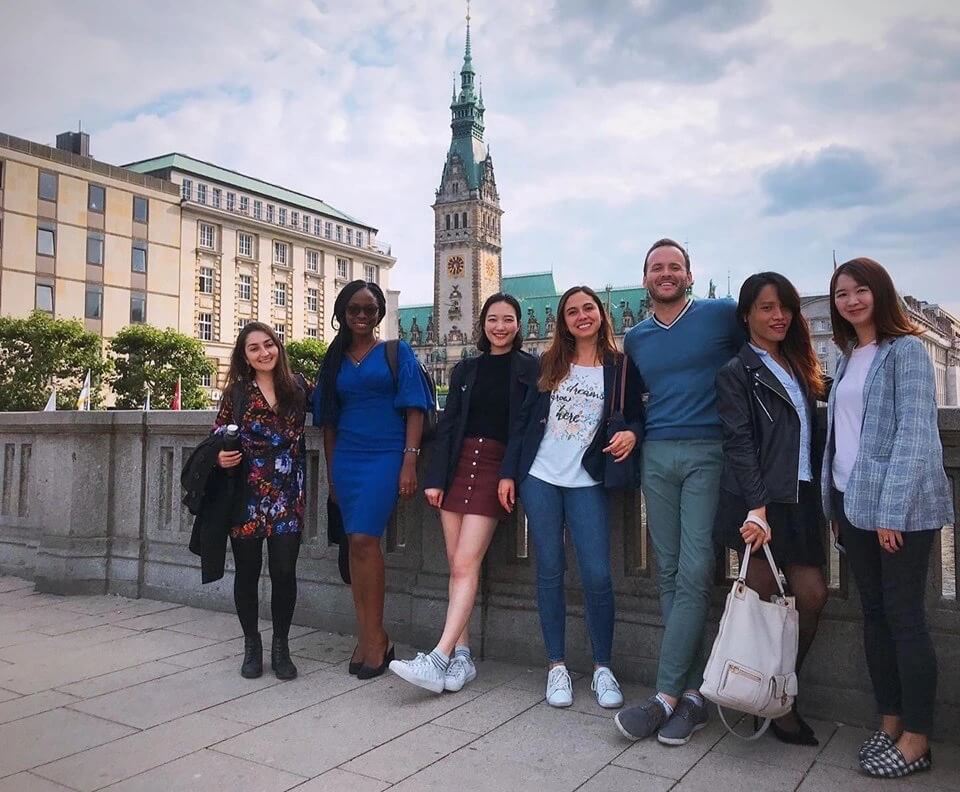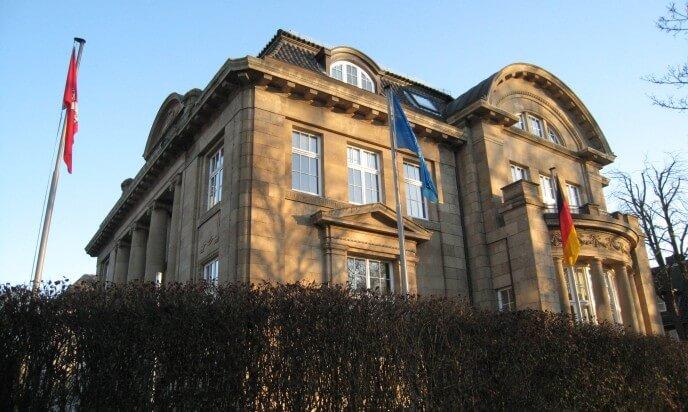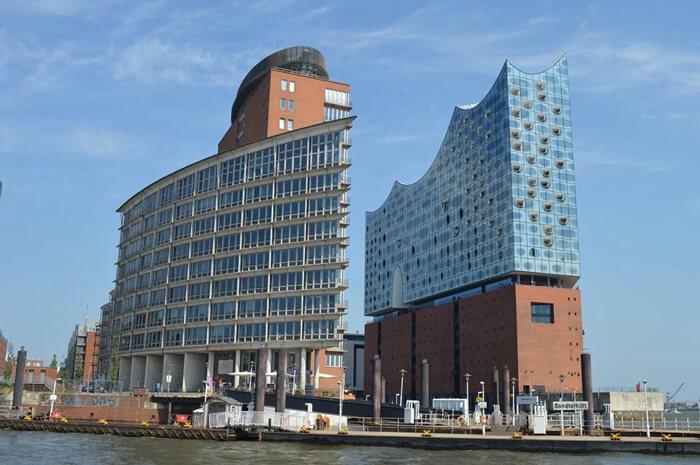Hello, and thank you for checking back in with me via the GW UNESCO Fellows blog. As of July 31, I concluded my fellowship at the UNESCO Institute for Lifelong Learning (UIL) in Hamburg, Germany. This summer, I was one of eight graduate students from the George Washington University who were placed at UNESCO offices across seven countries. Our work was quite varied at our respective placements, so I encourage you find the time to also read through the posts of my colleagues who have made incredible contributions to UNESCO’s mission of building peace, eradicating poverty, and bolstering sustainable development and intercultural dialogue.
In signing off one last time as a 2019 representative of the GW UNESCO Chair in International Education for Development, it is my goal to provide information on my assignments at UIL, recommendations to future GW Fellows who may be placed in Hamburg, as well as an attempt to summarize my reflections into a closing paragraph.
Assignments
In my first entry, “Furthering educational equity for disadvantaged groups,” I highlighted my major tasks of assessing biennial progress reports of member cities of the Global Network of Learning Cities (GNLC) and supporting the preparation of the fourth International Conference on Learning Cities (ICLC’19) taking place in Medellín. These assignments were ongoing and presented my team with numerous undertakings throughout my time at UIL.
For example, my counterpart Maria Clara and I frequently revisited the progress reports of ~170 GNLC member cities to determine strengths, weaknesses, and common themes. Our analyses helped the GNLC Coordination Team determine its newest short- and long-term strategies which will be disseminated later this year. Moreover, our reports allowed the Coordination Team to establish prevalent topics to be presented on at ICLC’19.
Once topics and themes were established for the plenary agenda of ICLC’19, I was tasked with undergoing an expansive and thorough literature review to identify researchers in the fields of lifelong learning, adult education, and non-formal education who focused on youth at risk (NEETs), migrants and refugees, digitally excluded populations, and people living in slums and deprived neighborhoods. Invitations to present at ICLC’19 were later sent to recommended researchers.
In my final weeks, I was able to branch out from the GNLC Coordination Team to support the Monitoring, Assessment and Learning Team in their evaluation of the UIL Fellowship Programme for Adult Learning and Education. The International Conferences on Adult Education (CONFINTEA) Fellows participate in an intense one-month training program that will ultimately help them design a national strategy on adult learning education to be presented to their responsible government minister upon their return. I was very pleased to wrap up my fellowship the same way I started it with the evaluation of international development programs.
Recommendations
- Sightseeing
- Hamburg is an easy city to navigate with its public transportation and there is plenty to see. From the Rathaus to the Reeperbahn, the city has something to offer for everyone. If the weather permits (which it rarely does in Hamburg), you can find an afternoon to relax alongside the Inner and Outer Alster Lakes. There are boat tours of the Port of Hamburg that allow you to get on and off as you please to find a beach to relax on. I also recommend checking out at least a couple of museums, such as Miniatur Wunderland and the International Maritime Museum.
- Food
- Germany is known for their sausage, but I am here to tell you 99% of these “würste” are glorified hot dogs. Instead, do as I did and eat falafel dürüms every single day because they are always delicious, always healthy, and always cheap (~4€). Or you can heed the advice I ignored from basically everyone who said you can’t survive on solely falafel dürüms and check out Hamburg’s abundance of sandwich shops as well as the variety of international options.
- Specifically around UIL, there is a street market every Thursday which has an incredible selection to choose from for lunch. The University of Hamburg is only a couple blocks away and its cafeteria has three main courses to choose from each day. The best falafel dürüm in town is just one block away at Bona We.
- Exercise
- Hochschulsport Hamburg is a network of gyms and athletic facilities throughout the city. Membership is 50€/month at a training room just down the street from UIL that has weight and cardio machines, as well as power lifting courses.
- CrossFit is very popular in Hamburg and there are ‘boxes’ in many neighborhoods. I joined the Hammerbrook Box which offers some intense workouts and a great community.
Reflections
“It was the best of times, it was the worst of times,
Summer 2019 marks one of the greatest achievements in my career working for a United Nations agency. It also marks the passing of my father.
it was the age of wisdom, it was the age of foolishness,
I will forever be grateful for the knowledge I have acquired, but will always have remorse for the occasional apathy I subsided to.
it was the epoch of belief, it was the epoch of incredulity,
I found God in Ireland. I grappled with grief in Spain.
it was the season of light, it was the season of darkness,
I found myself immersed in love and support by so many, but still stumbled over insecurities that are long overdue to be cast out.
it was the spring of hope, it was the winter of despair.”
I realized life will always be beautiful, but it will never be easy.
Kyle Hall is a Master’s candidate at the George Washington University’s International Education Program. His research concentrates on the (re)integration of migrants, refugees, and other disenfranchised populations into educational settings as well as the methodological foundations for assessing and evaluating international development programs.















